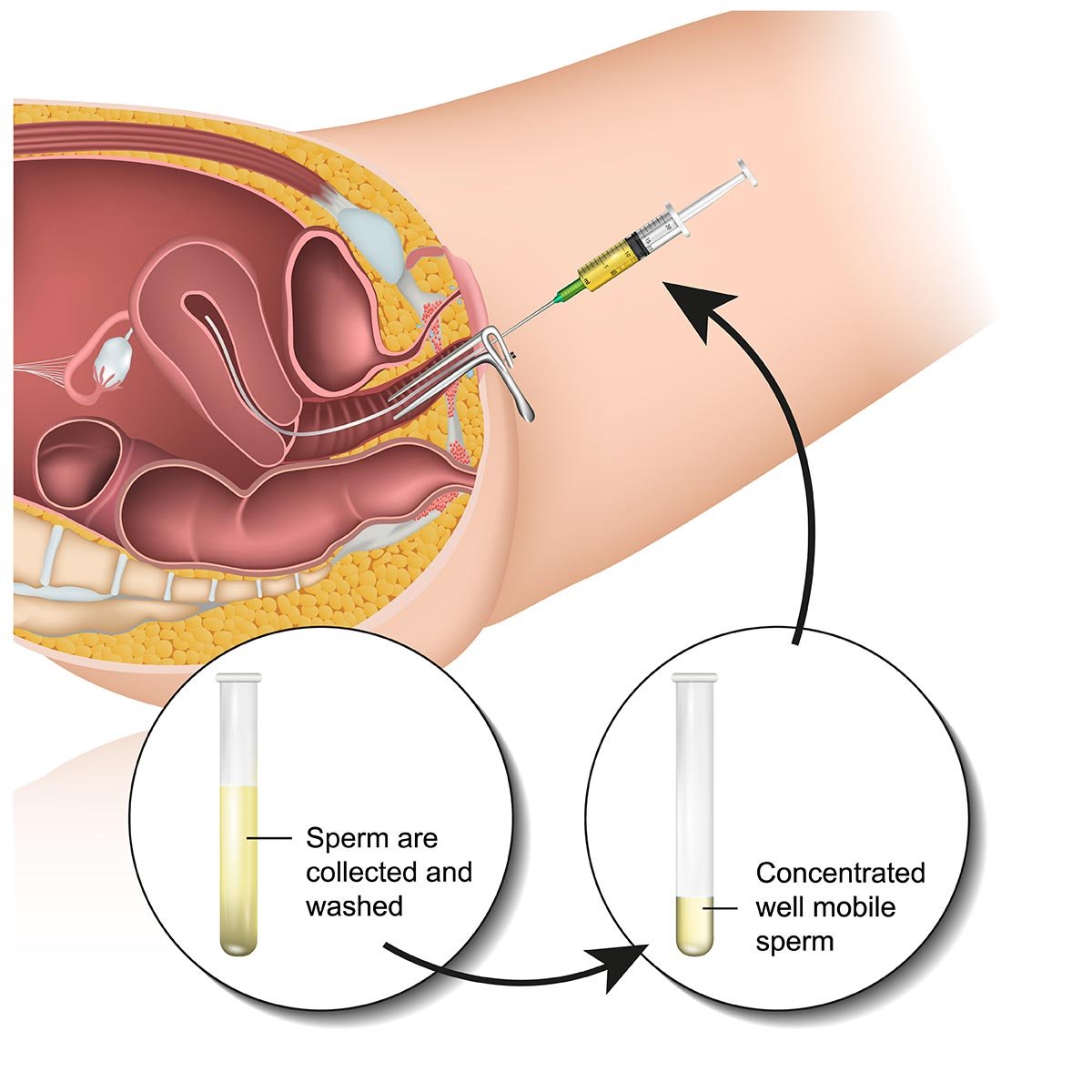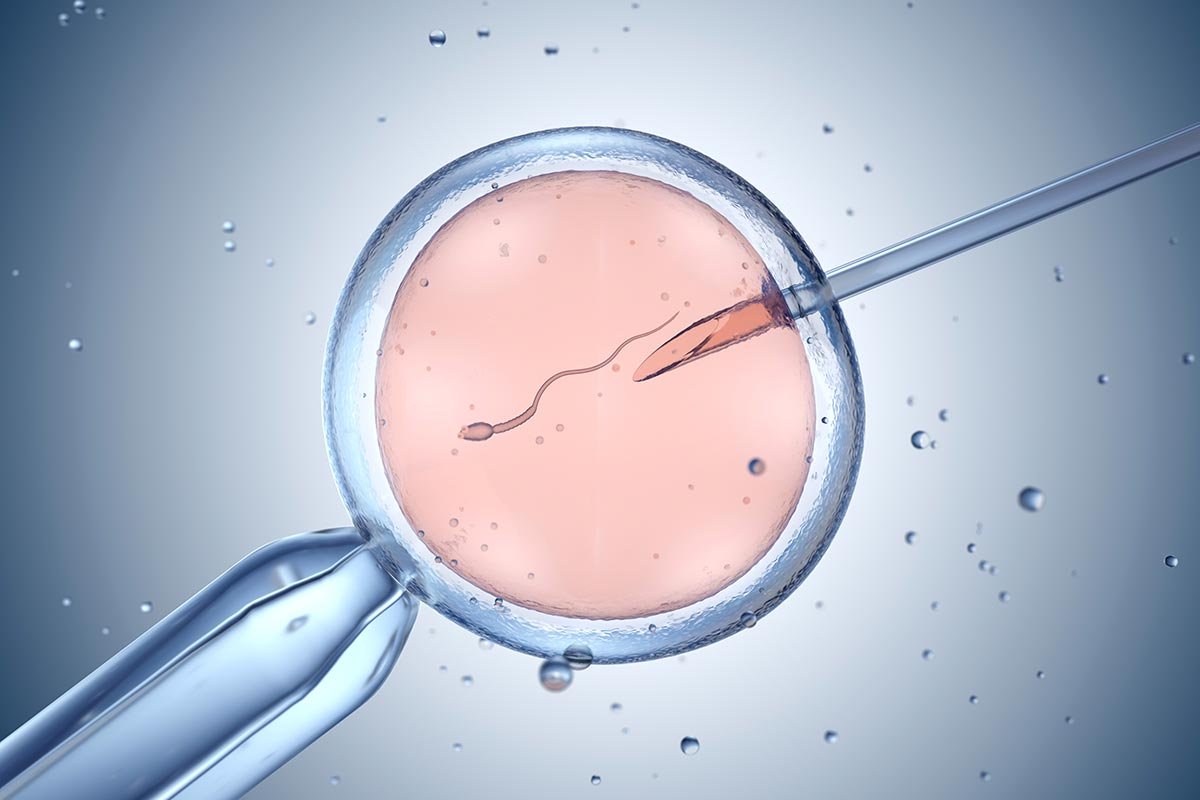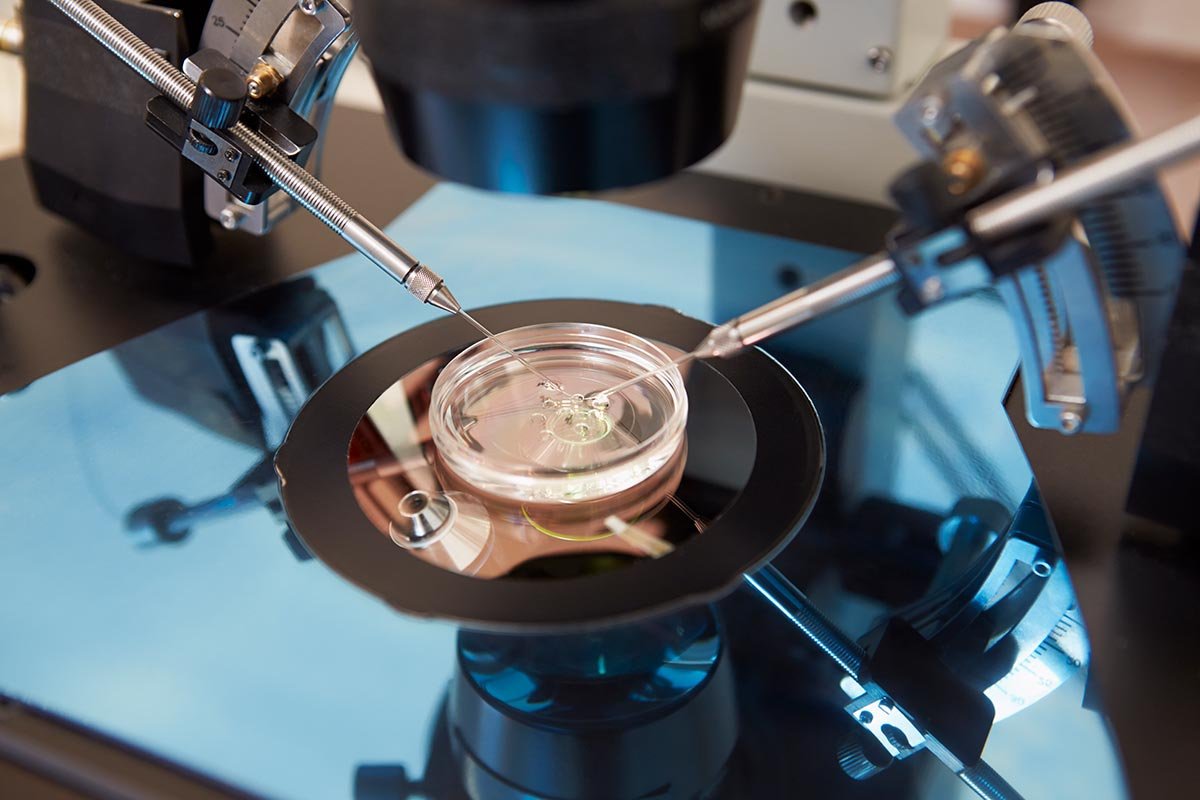For couples navigating the challenging journeys of infertility, exploring assisted reproductive technologies (ART) can bring both hope and confusion. Among the array of options available, two commonly discussed procedures are Intrauterine Insemination (IUI) and In Vitro Fertilisation (IVF) in Singapore.
Till date, these treatments are cornerstones in infertility treatments, and understanding their differences is crucial for making informed decisions. In this blog article, we will delve into both IUI and IVF, and share more about their methodologies, indications, and recommendations, to empower you to make an informed choice for your fertility journey.
Intrauterine Insemination (IUI)

Intrauterine Insemination (IUI) stands as a frontline infertility treatment. This procedure involves the careful placement of sperm directly into the uterus during the woman’s fertile window, typically coinciding with ovulation. By bypassing the cervix and reducing the distance sperm need to travel to reach the egg, IUI aims to enhance the chances of successful fertilisation and pregnancy.
How Intrauterine Insemination works
IUI begins with the collection of sperm, which can originate from either a partner or a donor. The collected sperm undergoes a meticulous preparation process, wherein it is washed and concentrated to isolate the healthiest specimens. Subsequently, a slender catheter is utilised to delicately introduce the prepared sperm into the uterine cavity.
Who is IUI recommended for?
IUI is a viable option for couples facing specific fertility challenges. The include:
- Mild male factor infertility — characterised by suboptimal sperm parameters.
- Unexplained infertility — where conventional diagnostic tests fail to identify an underlying cause.
- Cervical issues — such as mucus hostility or cervical scarring, which hinder sperm motility.
Studies have indicated that success rates are highest in younger patients less than 38 years of age.
In Vitro Fertilisation (IVF)

In Vitro Fertilisation (IVF) is a sophisticated fertility treatment that overcomes barriers to conception. This intricate procedure involves the fertilisation of eggs with sperm outside the confines of the human body, within a meticulously controlled laboratory environment. Following fertilisation, resulting embryos are subsequently transferred into the woman’s uterus, with the aim of achieving a successful pregnancy.
How In Vitro Fertilisation works
The journey of IVF commences with ovarian stimulation, a process whereby the ovaries are stimulated to produce multiple eggs through the administration of fertility medications. Once the eggs reach optimal maturity, they are retrieved via a minor surgical procedure known as egg retrieval.
Concurrently, sperm samples are collected and prepared for fertilisation. Within the laboratory setting, sperm is introduced to the retrieved eggs, and fertilisation progress is diligently monitored. Upon the development of viable embryos, one or more are selected for transfer into the uterine cavity.
Who is IVF recommended for?
IVF is offered to patients with the following conditions:
- Severe male factor infertility — characterised by profound sperm abnormalities or impaired function.
- Tubal blockages or damage — hindering the natural journey of sperm and egg.
- Advanced maternal age — where declining ovarian reserve diminishes the likelihood of spontaneous conception.
- Endometriosis — a condition marked by the presence of endometrial tissue outside the uterus, impeding fertility.
- An alternative treatment — recommended as an alternative treatment for Individuals who have experienced unsuccessful attempts with other fertility treatments, such as IUI.
Summary
In essence, both Intrauterine Insemination (IUI) and In Vitro Fertilisation (IVF) are established options for those facing fertility issues. As you embark on this quest for parenthood, consult with a fertility specialist for informed decision-making.
It’s important to understand that there is no “best” treatment, but one that would best suit your individual needs. This includes factoring your budgetary considerations and most importantly, your preferences on how things should be done. Schedule a consultation with our Fertility Specialist for a comprehensive diagnosis and personalised treatment plan.
References
https://www.mayoclinic.org/…/pac-20384716
https://www.mayoclinic.org/…/pac-20384722
https://my.clevelandclinic.org/…/22456-iui-intrauterine-insemination
https://pubmed.ncbi.nlm.nih.gov/32965937/
https://pubmed.ncbi.nlm.nih.gov/19495709/

